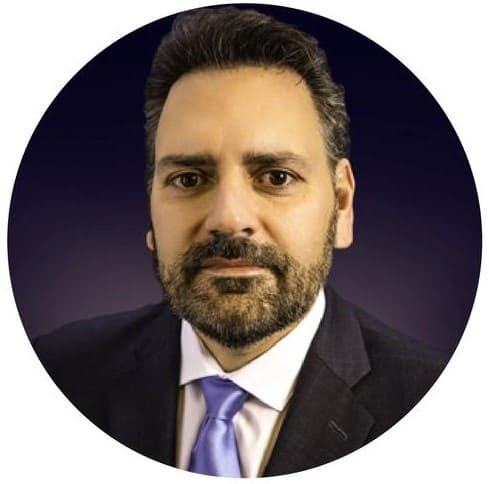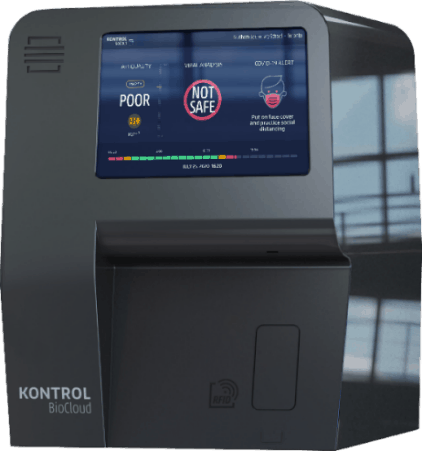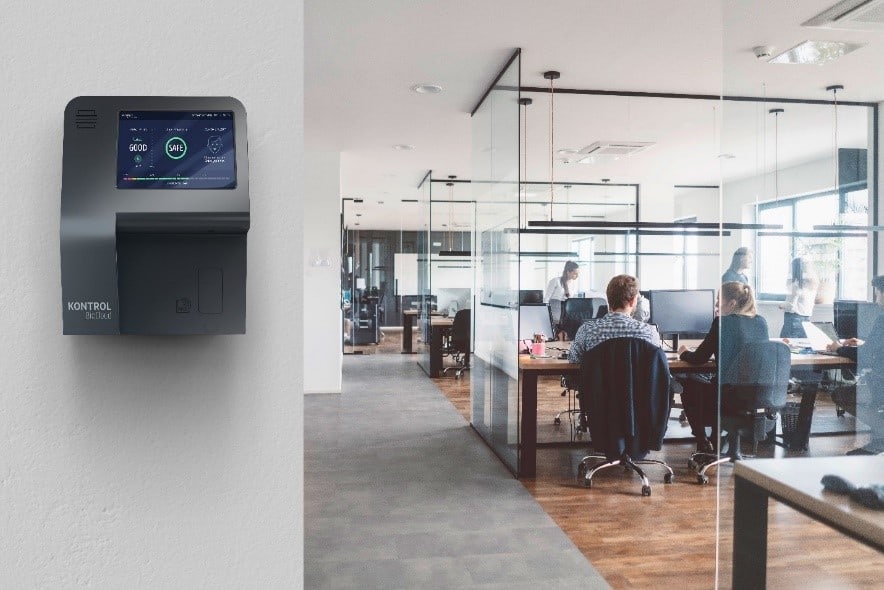We thought it would be a good idea to catch up with Paul Ghezzi, CEO of Kontrol Energy (CSE:KNR; OTC:KNRLF) and the recent BioCloud technology announcements.
Q. Why the focus on COVID-19 with the BioCloud technology and more importantly, how does it relate to your existing business?
A. In March 2020 we began to ask the question, “Could me measure for COVID like we do air quality?” Kontrol, through its operating subsidiaries, has a long track-record of using smart technology to monitor for air quality and emissions in real-time. We are using our proven technology as the basis to seek and detect COVID in the air. This is an extension of our existing business and while it’s a new opportunity we feel it’s a viable opportunity that deserves our time and effort as it is very relevant to existing and potentially new customer base.
Q. What have you accomplished to date?
A. Part of our DNA at Kontrol is innovation with urgency. A good example of that is establishing a partnership with Toyota Tsusho Canada for a Smart Factory platform developed as an extension of our Smart Building platform. The approach we are taking with COVID is similar. We are moving very quickly and over the past six months, we secured government funding, established partnerships with virology experts, and developed a proprietary COVID-19 detection chamber. Our initial lab results and interest from potential customers and prospects gives us confidence that we are developing a solution, which has market demand.
Q. Why the BioCloud approach versus individual testing?
A. Canada is in good shape for individual COVID testing, and both Federal and Provincial Governments have allocated significant resources for individual testing. However individual testing cannot answer the question, “Am I in a safe space right now?” This question is very relevant to help restore a semblance of normalcy for indoor person to person interactions. If we play out a scenario, imagine a public-school classroom where 4 of 18 students have COVID, however it takes a few days of being sick to initiate a request for a test. Then it takes a day to get the result and now its 3 days later for any potential to contact trace. BioCloud has been designed as a potential detection system to pre-emptively create safe spaces.
Q. Okay, so can you walk us through how they same scenario now looks with BioCloud in place?
A. In a classroom setting, BioCloud would sit on a wall close to the ventilation system and would draw in air over time. As air is recycled over time we would anticipate that in a regular sized classroom BioCloud would be able to detect for COVID-19 after approximately 1 hour of operating time. As BioCloud is designed to continuously sample air there is a certain amount of air over time volume that must be sampled in order to reach detection status. Variables can include the size of the classroom, the number of students and the type of HVAC system in operation. If COVID is detected an alert is produced and can be sent to either the class teacher or the principal via the internal intranet or cloud. The alert would create a process where children are removed the classroom and individual testing would be required for each student. The classroom would then be thoroughly cleaned. If we compare that to the previous example, the detection process closes the gap for a safe space and for contact tracing.

Kontrol Energy CEO Paul Ghezzi
Q. How does the detection mechanism work?
A. We are drawing on our extensive experience in air quality and emission monitoring for specific particulate analysis and measurement and using similar technology to detect for COVID-19 in the air. Using a specific reagent and a unique process we plan to patent the detection mechanism has been able to identify COVID in the lab under controlled conditions. We’ve designed BioCloud with a replaceable detection mechanism that we plan to patent after the next stage of testing. Detection is only one step – we also have to analyze the best method of replacing and disposing of the detection mechanism after it comes into contact with COVID-19. A replaceable detection mechanism also allows for the system to be adapted to new strains of the virus or new viruses that may emerge in the future.
Q. We keep hearing and reading about all the money flowing into improving HVAC systems and filters. What do you think about this?
A. There is no way to know at this time if improving filters, adding Ultraviolet (UV) systems or spending capital on HVAC improvements provides a meaningful impact on slowing down COVID or stopping spread. That’s because there is no measurement of performance. Yet hundreds of millions of dollars have recently been announced provincially, and more funds are being added Federally. Furthermore, the private sector seems to be in a race to add these types of systems. For example, JetBlue recently announced a deal with Honeywell to add UV systems on its planes.
My view is if companies and Governments are willing to allocate hundreds of millions and perhaps billions to unknown HVAC improvements, then it is also incumbent to have detection technology such as BioCloud to determine the effectiveness of these solutions.
Q. What’s next for BioCloud?
A. We are in the lab currently testing against the live COVID virus. That testing will drive where we go with the technology over the coming weeks. We are building five proto-types, so we have ample testing product and can identify and source all components we require to fulfill our supply chain. We remain in ongoing discussions with the Government, and they are tracking along with us in terms of testing and pre-commercialization. We will seek to update the market at the end of August.


